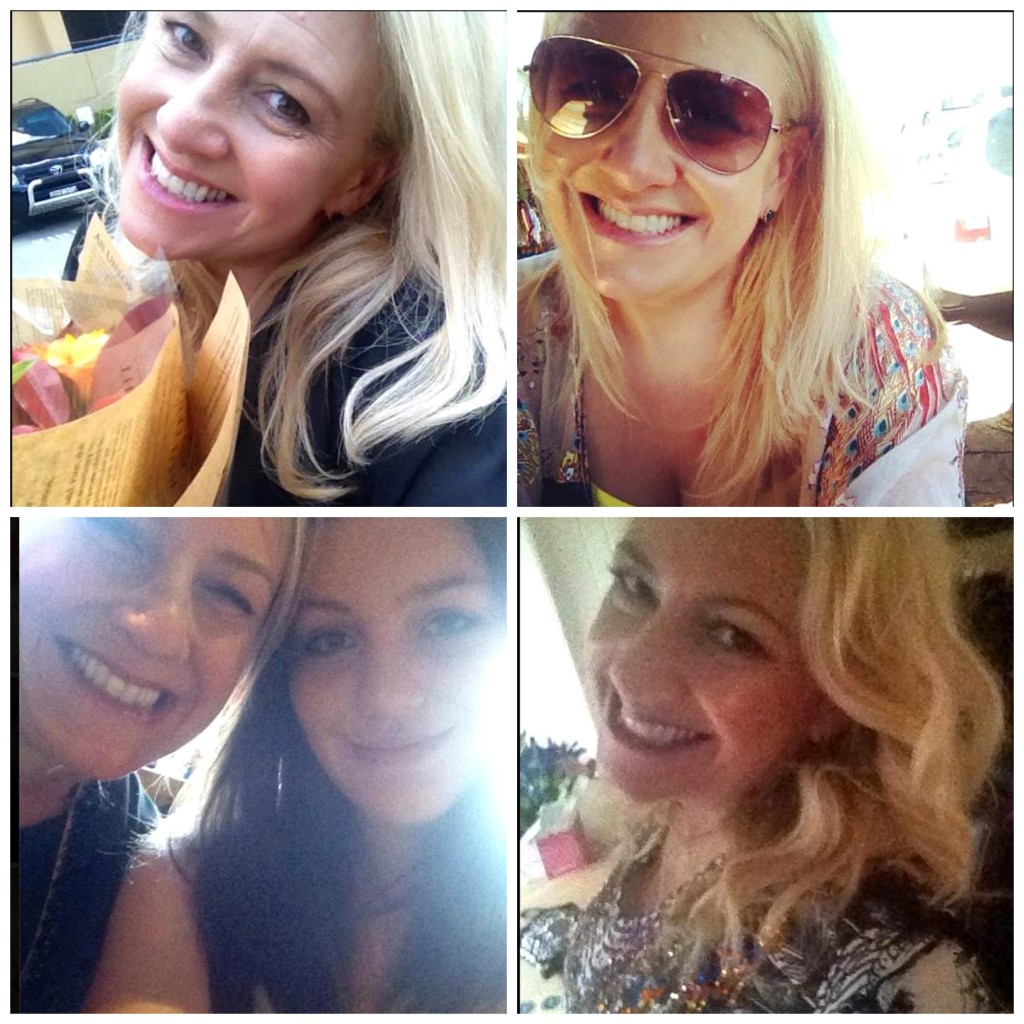The general consensus on why young women in particular seem to be preoccupied with taking and sharing pictures of themselves (“selfies”) was best summed up in a post today on women’s website Mamamia by author Susan Carland;
… for most of us, selfies are about validation and acceptance of others. It’s a vanity that is paradoxically self-doubting. Far from being about confidence, the toxic combination of selfies and social media feed our worst insecurities about our appearance because they are entirely reliant on the approval of others. While social media in general exacerbates this sentiment, with the whole value of every tweet, status update, or article anchored entirely to the number of likes, RTs, favourites or shares they get, the selfie is by its very definition superficial. It is a loud and desperate shout into our own ponds: please validate how I look.
I’ve never been entirely convinced by this line of argument. Yes there are posts that seem to seek attention and validation ( and is that really so hard to understand, or to provide anyway?) but I also see girls post plenty of pictures of themselves that are rather genuine attempts to capture their mood or feelings in a moment. These posts do not scream of vanity or a need for reassurances; these pictures speak of wanting to share and connect. “Here’s me looking relaxed after studying all week”. “I have a new dress and I feel so happy about that!”. “Look guys – I have glasses now. They’re actually really cute. Huh?”
Today I want share a post by a young Canadian feminist blogger, Anne Theriault. I think she offers something more than the usual criticisms. And I agree with Anne – I love seeing my Friend’s selfies too. It’s reprinted this here with her permission.

Dear Friends Who Take Selfies,
I want you to know that I love it when you post pictures of yourself. I know selfies get a lot of bad press, but I think they’re rad. They give me a little window into your life, and you’d be amazed at how much I can get out of one little photo.
I love your pictures because I love seeing what you’re wearing – the outfits you build give me ideas about how to mix it up with my own wardrobe, and seeing you work your shit gives me courage to try clothing that I otherwise might have thought was too outlandish or revealing.
I love seeing how you do your hair and makeup. You look like a hot babe and I wish you would make YouTube tutorials explaining how you get your eyeliner just so. I want you to post pictures every time you change your hair, because seeing you cycle through all those neon colours gives me great ideas about what to do next with my own hair.
I love when you take selfies in your house. It’s neat to see where you live. When your place is cluttered, it makes me feel better about my own messy apartment. When your house is neat, it encourages me to get my shit together and do the damn dishes already. I like seeing the things you own and the art you put on your walls, because those things tells me so much about who you are and what you care about.
I love when you take selfies while on vacation. I don’t get to travel often, so your pictures allow me to live vicariously through you. The excitement on your face when you take a selfie at the Trevi Fountain or by the Arc de Triomphe is perfect and beautiful. I’ve seen a thousand pictures of the Louvre Pyramid, but the most interesting ones are the ones with you in it. If I wanted to see a picture of the Great Wall of China all on its own, I could just google the damn thing. You’re what makes those pictures special.
Mostly I love your selfies because I love seeing you feel good about yourself. I love how your face glows when you look like a million bucks and you know it. I love when you celebrate yourself. You deserve to be celebrated.
It’s easy for people to roll their eyes at selfies and make jokes about girls who just want attention, but the truth is that for lots of women – especially women of colour, trans women, disabled women and all the other women who see their existences erased in mainstream media – posting pictures of themselves is a way of challenging our culture’s narrow beauty standards.
Selfies are a way of saying, “I love myself, and I will fight anyone who tries to change that fact.”
Selfies are not a question. They’re not asking “Do you think I’m pretty?”
Selfies are a statement: “I am here.”
I see you.
I love you.
You matter.
Your selfies are inspirational. That might sound corny, but it’s true. When I see you love yourself, it helps me love myself. I suspect the same is true for lots of other people who see your pictures.
So please keep taking selfies. Please fill my Facebook and Twitter feeds with your wonderful face. Every picture you post fills me with so much joy. I love seeing you.